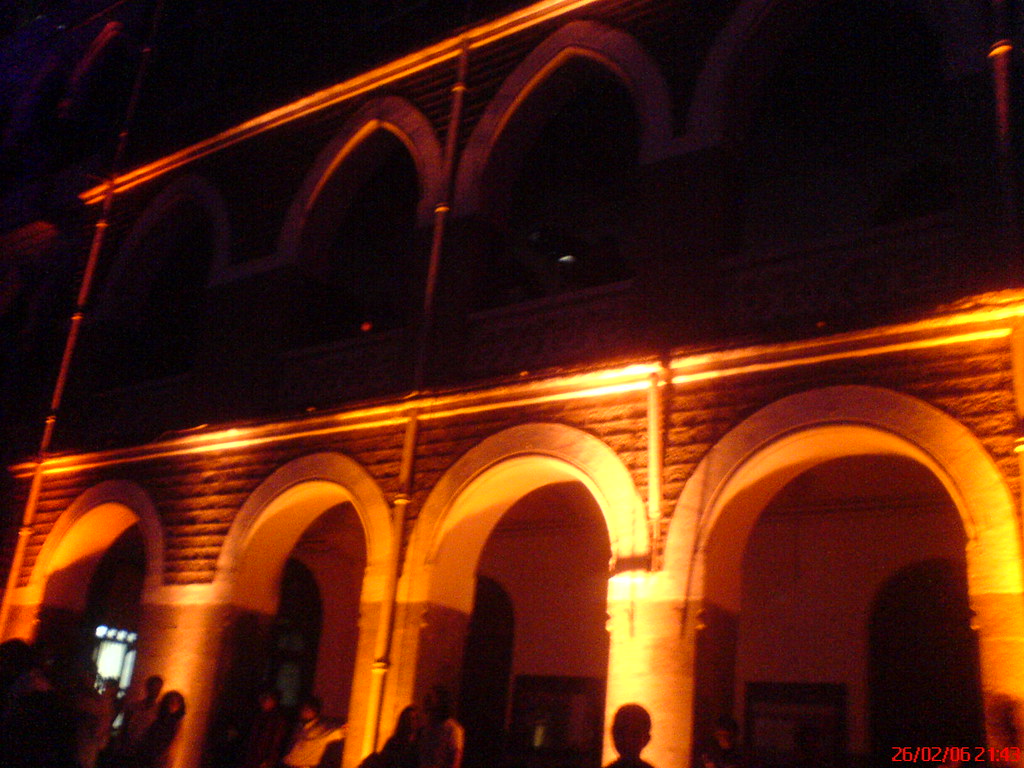Monday, July 31, 2006
Free
Last week I read a piece about free thinkers' society. The interesting part was that the so-called free thinkers restricted themselves to ONLY unconventional thoughts. I was amused.A few days later I happened to have a discussion with a friend about Mittal's Arcelor bid. She thought it was a hostile bid because should Mittal own Arcelor, a monopoly would form. As always, her views were logical & therefore hard to counter. I argued that nobody can stop Mittal from producing & selling over 10% of world's production through the companies he already owns & therefore we shouldn't mind if he does it by way of mergers. I also said that the entire 'FREE' economy works towards killing competition by various ways such as influencing potential buyers through advertising. In short, it tries to establish monopolies. We both stuck to our views & ended the debate quickly.In a curious way, the free thinkers' society & Mittal's Arcelor bid make me ponder over 'FREE'.Is any kind of thinking 'FREE'? Is any economy 'FREE'? Does 'FREE' exist?Well, what exactly is 'FREE'? Oxford Advanced Learner's Dictionary lists at least 14 meanings of the word. The most relevant are, 1) allowed to go where one wants, 2) not restricted or controlled. (I am of course ignoring "ek pe ek free!")Why the free thinkers' society sticks to the unconventional is now easy to see. If one has to show he is 'FREE' to think, then he MUST disregard the restrictions / controls imposed by the social norms / conventions. In short the urge to SHOW dominates. Ideally though, 'FREE' thinking ought to be 'FREE' of conventions AND UN-conventions. I hope the UN-queen's English helps me assert the point.They say thinking is a process that must be learned. A child's upbringing helps develop it. And the development never stops. It forms a continuum in time unless external catalysts trigger a radical shift. Therefore, our thinking is never completely 'FREE'. It always carries the burden of past experiences & influences. i.e. Future continuum of thinking is determined by the past continuum and triggers if any.Development of the concept of economy follows almost an identical path except that triggers may be internal as well as external. Russian revolution is a good example of an internal trigger whereas S.Korea's progress is largely due to external triggers. Once again, triggers along with continua* before & after them will always influence future continuum of an economy. Thus there is no reason to believe that a 'FREE' economy can exist.There is more to it. 'Currency', the basis of today's 'FREE' economy itself is the biggest hindrance en route to 'FREE' economy. When we start measuring everything in this world in terms of 'Money', we widen the divide between the HAVEs & the HAVE NOTs. This gap concentrates power & limits choice, in effect negating 'FREE'. I strongly feel that if modern economics was barter based then the Arabs wouldn't be demanding a small fortune for a barrel of petroleum & a sack of potatoes could get you a notebook computer.In short aiming to be 'FREE' is paradoxical since it only leads you to newer restrictions & newer traps. It seems like falling down a rabbit hole not knowing how deep it goes.Conclusion: 'FREE' is non-existent.* datum : data :: continuum : continua ?
Subscribe to:
Post Comments (Atom)


No comments:
Post a Comment